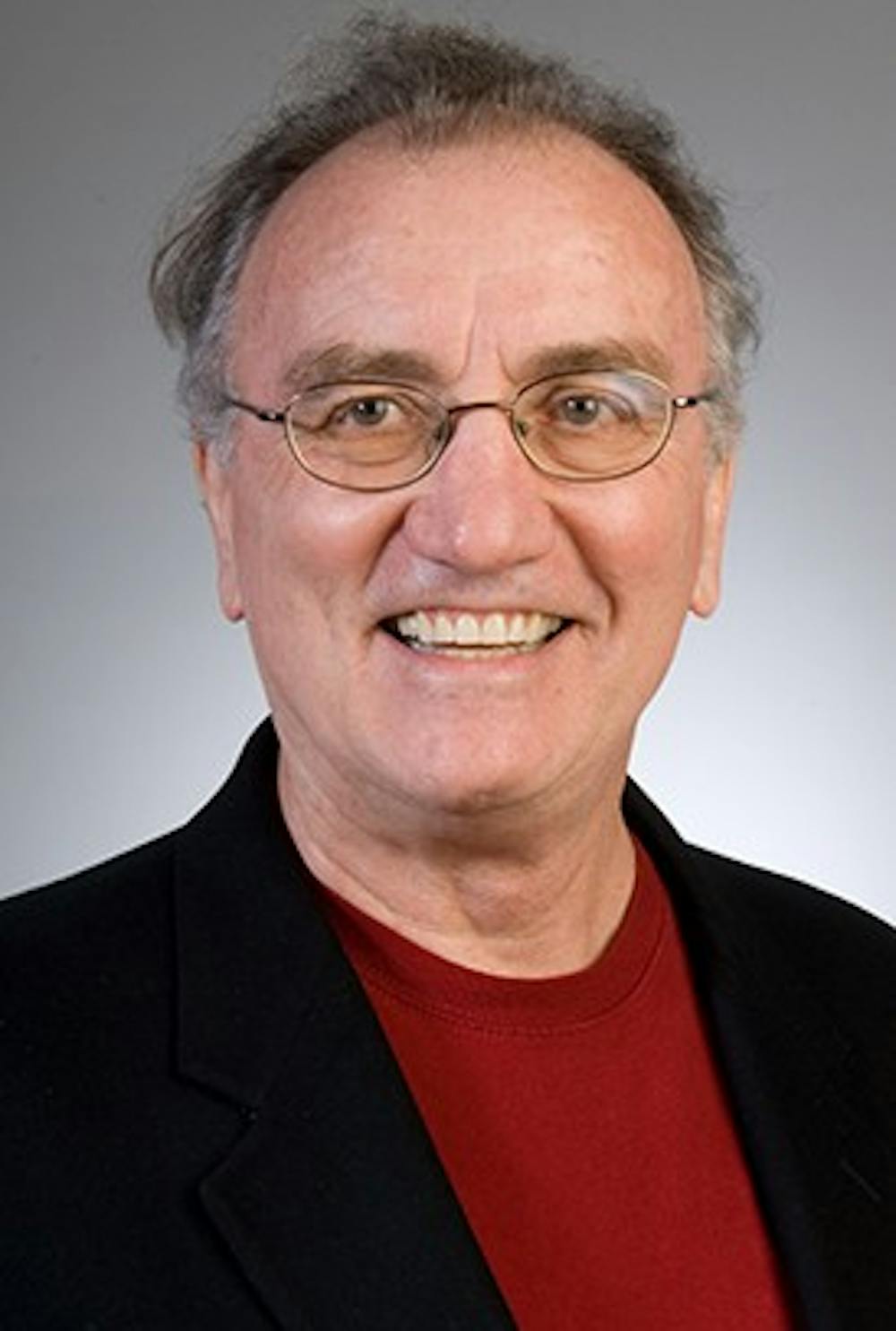N.C. State University English linguistics professors Walt Wolfram and Jeffrey Reaser are trying to represent all of North Carolina’s dialect diversity in their new book, “Talkin’ Tar Heel: How Our Voices Tell the Story of North Carolina,” released Monday.
Tonight at Flyleaf Books, Wolfram and Reaser will discuss and read their book — formed from 20 years of research around North Carolina — as well as introduce readers to the multimedia components of the project.
“We do our research by interviewing residents,” Wolfram said. “We record them in a sociolinguistic interview. We have oral history conversations and record their speech. On that basis, we extract data — that then becomes our database, all of which is now on our website.”
Despite the fact that “Talkin’ Tar Heel” is a print book, Reaser said his and Wolfram’s project could potentially change the world of linguistic books. Different sections of the book contain QR codes, enabling readers to scan using their smartphones and access audio or audiovisual elements that further clarify linguistic elements.
“It’s a little bit of a groundbreaking book in linguistics because it’s the first linguistic text to use QR codes to access media, and this is UNC Press’s first book that they’ve put out with QR codes,” Reaser said.
“So we think that this is something that’s kind of cutting edge in the publishing industry.”
Reaser and Wolfram have been working together on North Carolina dialect linguistics for about 15 years, ever since Reaser was an undergraduate at NC State. As Reaser rose through the ranks as a student and then as a faculty member, both men remained eager to work with each other on the linguistic research in the state.
Past collaborations include the development of the first national dialect awareness program, “Voices of North Carolina: Language and Life from the Atlantic to the Appalachians,” in 2005 and work on the 2005 “Do You Speak American?” documentary series and educational curriculum for PBS. Currently, they are working on another documentary and have funding for a later one.




